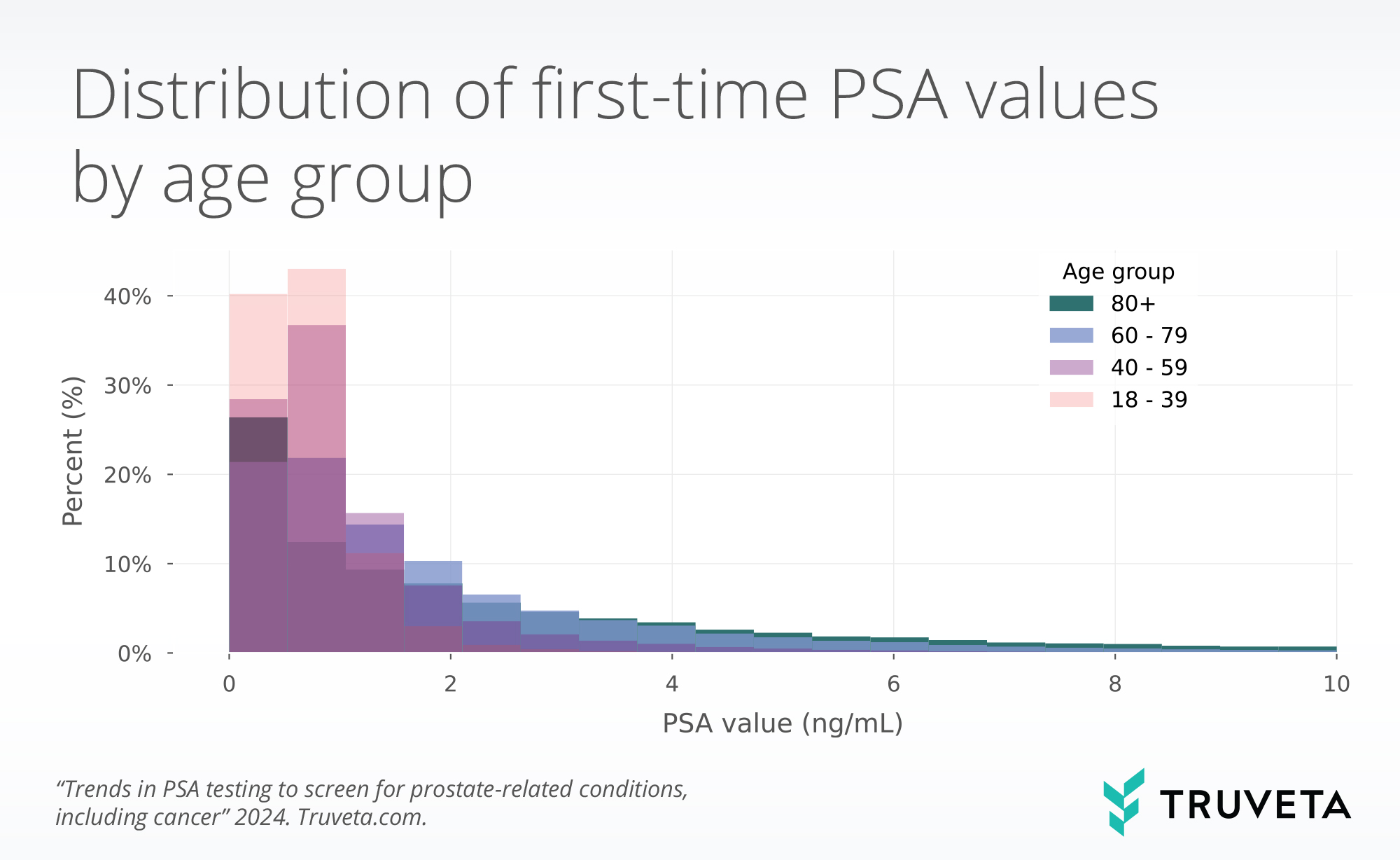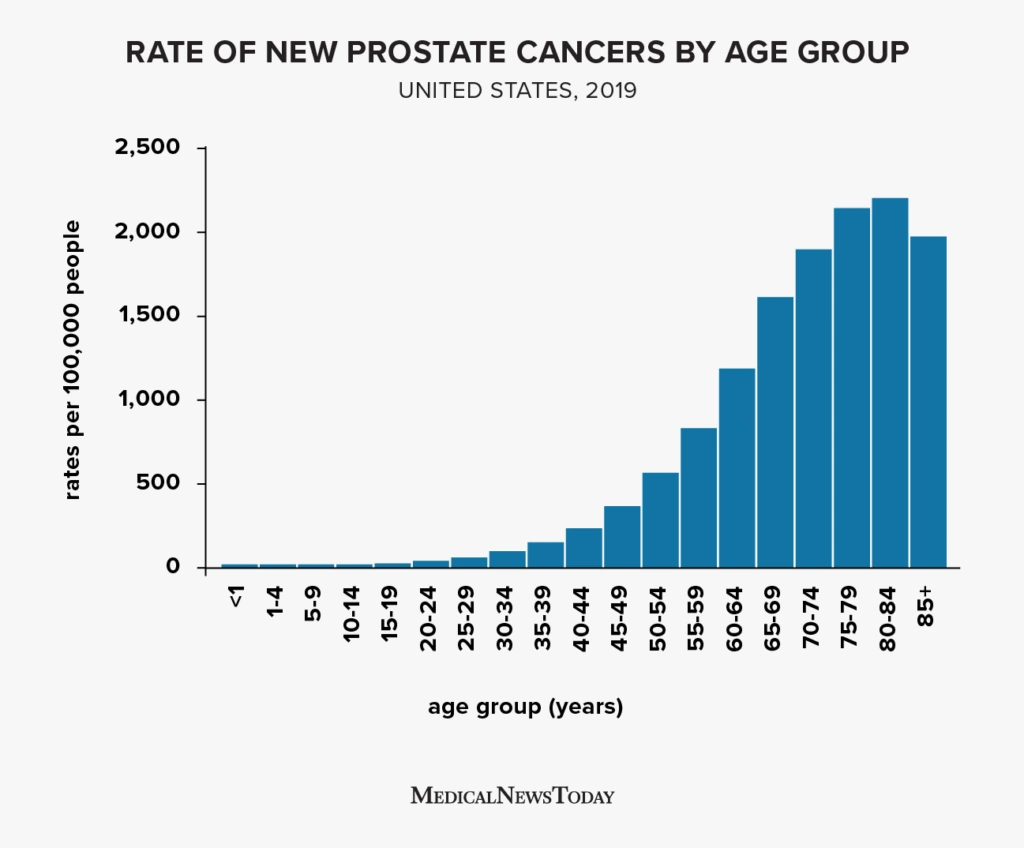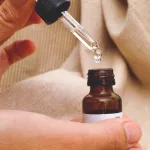That Nagging Feeling
Ever have a little twinge down below and wonder… is that just age, or something more? You’re standing in your kitchen waiting for the kettle—half-listening to the radio, half-distracted by a weird ache or another nighttime bathroom trip. For loads of men in the UK, this could be the moment when the idea of a “PSA test” creeps into your thoughts for the first time.
I’ve been there. My uncle kept joking about “designer plumbing” after he turned 60, but deep down he was quietly clocking changes… and wishing someone had made all this prostate stuff less confusing. So if you’re poking around for real talk on what PSA ranges mean for different ages here in the UK, pull up a chair. Let’s get honest, clear, and maybe even laugh along the way.

Is PSA as Simple as a Number?
If only…! PSA stands for “prostate-specific antigen.” It’s a protein your prostate naturally makes—a little like the service light on your car dashboard. It’s normal to have some, but higher numbers could mean trouble, especially as you get older.
But before you start panicking or celebrating perfect results, here’s the deal: PSA rises with age and for loads of non-cancer reasons—vigorous cycling, certain meds, infections… even a heavy workout the day before your test. Tricky, right?
What Makes PSA Go Up?
Common “False Alarms”
- Lively sex or a long bike ride in the two days before your test
- Urine infection or recent prostate exam
- Naturally getting older (yup, biology’s got jokes)
My mate Rob had his PSA spike after a 50-mile charity hop on his new bike… The doc laughed, retested after a week of rest, and all was chill. This is why context matters way more than a single reading.
Let’s Get Specific: PSA Range by Age UK
So, what counts as “normal”? That’s the million-pound question, isn’t it? Most UK guidelines give slightly different numbers, but the big authorities keep circling back to a sweet spot for each age group. This is where it gets practical—and where you’ll naturally want to peek at your own results.

Why Your Age (and History) Change the Story
As the years tick by, it’s totally normal for your PSA to climb a little. It’s down to your prostate just… doing its thing. For men with no symptoms, having a family history or being Black can up your risk—so docs sometimes recommend a PSA test sooner or with more urgency.
(My old boss, who’s Black and watched his dad go through prostate cancer, started regular checks five years before his white pals—worth knowing if you’re in a higher-risk category!)
Handy Table: The Typical PSA Range by Age UK
| Age Group | UK Referral Threshold (PSA in ng/ml) | Notes |
|---|---|---|
| Under 40 | Clinical judgement | Unusual to test unless major symptoms or strong family history |
| 40–49 | Above 2.5 | Start early if increased risk |
| 50–59 | Above 3.0–3.5 | Common starting point for regular tests—see What is a dangerous PSA level |
| 60–69 | Above 4.0–4.5 | This is prime diagnosis age—see psa level chart for seniors |
| 70–79 | Above 5.0–6.5 | Health pros balance natural rise with risk |
| 80+ | Above 10.0 or clinical judgement | Focus on symptoms and quality of life |
Notice how the number creeps up with age? That’s biology—and a reminder not to judge yourself by a single magic number. Most men under 50 will have a PSA well below 2.5, while your dad or grandad may hover higher. Still, “above” those guidelines should nudge a conversation with your GP, just to be safe. Always double-check because, let’s be honest, labs and local trusts sometimes tweak the numbers by a notch or two.
Why Would I Even Get This Test?
The NHS won’t send you a birthday card at 50 inviting you for a PSA test—unlike breast screening for women—because the test isn’t always a slam dunk. It can miss cancers (false negatives) or wildly overreact to innocent blips (false positives) according to Cancer Research UK insights.
But here’s the unspoken rule—if you’re over 50, any man in the UK can ask for it. Especially if you’ve got symptoms (frequent peeing, odd aches, bathroom sprints at night) or if your dad, uncle, or brother had prostate cancer. For guys with higher risk—either family history or Black ancestry—docs recommend thinking about it starting from age 45. Honest conversations make all the difference.
What Should Actually Make You Book the Test?
- Repeating the bathroom shuffle every night
- Erectile stuff—less fun than it used to be
- Blood in your wee (don’t ignore this)
And here’s an important tip: it’s not about getting “the result you want.” It’s about patterns. A number climbing over time? That matters. One-off spike? Maybe not. My friend Dan almost ignored his number inching from 2.8 to 3.3 in his late 50s. His curious GP dug deeper, suggested an MRI, and they caught a slow-moving issue just as it started. (He’s thriving, for what it’s worth. Sometimes tests are quiet heroes.)
High PSA Doesn’t = Cancer
Here’s where we all exhale a bit. Because get this: around 75% of raised PSA results are not cancer. Usually it’s a harmless enlarged prostate, a recent infection, or even just ageing. Still, it’s your doctor’s signal to check things out. They’ll probably want to rule out other causes before heading down the MRI or biopsy route. Sometimes a retest a few weeks later is all it takes.
So… What is a Dangerous PSA Level?
Great question. The phrase itself is a bit loaded. Sure, the higher your number, the bigger the chance there’s something serious—but don’t panic at every decimal point. A sudden, unexplained jump matters more than sitting at just above “normal” for years. You can read more about the nuances in What is a dangerous PSA level, which really breaks down the numbers game (without the scare tactics).
Quick Comparison Table: PSA Rises That Need Attention
| Rise Pattern | What Doctors Do |
|---|---|
| Slow rise, still in “normal” | Just keep an eye—possibly a retest in 6-12 months |
| Jumps above your age range | Retest after a few weeks. If still high, more tests (MRI or biopsy) |
| Super high (over 10–20 ng/ml) | Urgent referral; may skip some steps depending on other symptoms |
| Massive single-day spike | Check for infection, injuries, or non-cancer reasons first |
For older gents, sometimes doctors lean more on symptoms and bigger-picture health than on numbers alone. A look at the psa level chart for seniors helps untangle what’s “normal enough” versus what needs a closer look. Be sure to share all your symptoms and worries—it isn’t just about your blood test, but what’s happening in your day-to-day.
More Than a Number: Other Factors at Play
The PSA test isn’t a mind reader. Docs will always try to take the total picture into account—your age, overall health, medications, any new or weird symptoms. Sometimes they’ll track the rate of PSA rise (the “PSA velocity”) over a year or two, or order an MRI scan to peer inside without getting too invasive. It’s never about a single datapoint… it’s about patterns and context.
The NHS is gradually leaning more on repeat testing and “active surveillance” for low-risk or early cancers. Sounds scary, but honest—many guys live just fine with slow-crawling prostate cancer into their 80s or 90s, never needing more than checkups.
Personal Story Time: The Power of Patience
A mate of mine, Mark, had a real freakout at 68 when his number jumped up to 7 ng/ml out of nowhere. Huge anxiety, fast Google spirals… but after antibiotics for a sneaky urine infection and a month off gym, his PSA returned to normal. He jokes now he “over-googled” himself sicker than he ever was. Real life rarely matches our internet horror stories, right?
Can You Change Your PSA Numbers Naturally?
Okay, cards on the table. You can’t control your age or who your parents are. But some small changes might help keep your prostate—and your peace of mind—in a happier place. The evidence isn’t rock solid, but UK researchers often point to simple diet tweaks, stress-busting, and staying active.
Easy Habits for Prostate Happiness
- Cut back on red meat and bump up veggies (especially tomatoes)
- Stay moving—daily walks count just as much as gym time
- Ease stress, try yoga, or just have more laughs (seriously)
A cycling pal of mine (yes, the same one) started swapping his evening pint for green tea and upped his veggies. The next check? PSA was a tad lower. Coincidence? Perhaps. But he felt better all-around. And that’s gotta count for something.
For a proper breakdown on numbers in your golden years, have a peek at the psa level chart for seniors. It’s a no-nonsense visual—really makes it easy to see where you stand at a glance.
What Should You Do Next?
Let’s cut to it—being aware of the psa range by age uk gives you a head start. Under 2.5 ng/ml in your 40s or 50s? Likely smooth sailing. Over the limit for your age (say, above 4.5 at 65)? Worth another check or a chat with your doc, but don’t panic just yet. Don’t get caught up in a single number; it’s your body’s whole story that counts.
And if you’re ever faced with a higher-than-expected result, ask yourself—has anything changed? Been ill recently? Started a new workout? Have a family history? Your GP is there to help you puzzle out the next steps, not judge you.
Honestly, being proactive is the real “win.” Have the chat. Ask questions. Look at the What is a dangerous PSA level post if you’re nervous. Or check that handy psa level chart for seniors one more time (it’s saved in my bookmarks, too). If you’re over 50 or worried about risk, call the GP surgery, skip the awkwardness and book the test. Your peace of mind is totally worth it.
Final Thoughts: You’ve Got This
If you take away anything, let it be this—psa range by age uk isn’t about magic or doom. It’s a guide, not a sentence. Know your personal range, watch how it changes, and don’t be shy about grabbing support. Sharing worries is better than stewing in silence. Honestly, early action saves lives—and sometimes, just a little chat makes all the difference.
So. Next time you’re waiting for the kettle, pondering that second trip to the loo at 2am… maybe let it be the nudge to start a conversation, not a cause for dread. Prostate health isn’t a solo mission. You, your GP, and maybe even a mate, are all on the same team.
Here’s to making sense of the numbers—one chat, one test, one cup of tea at a time.
























Leave a Reply
You must be logged in to post a comment.